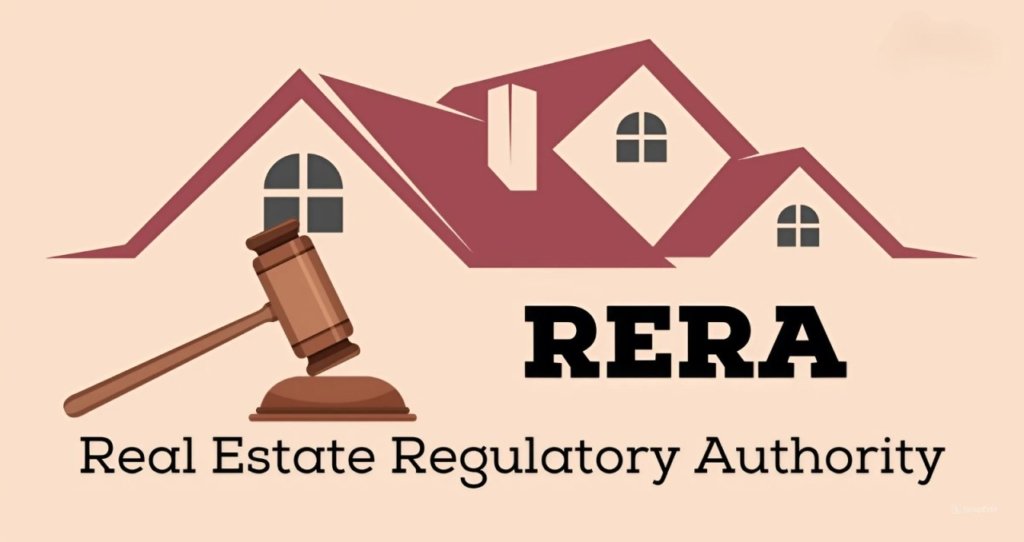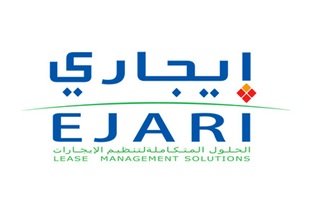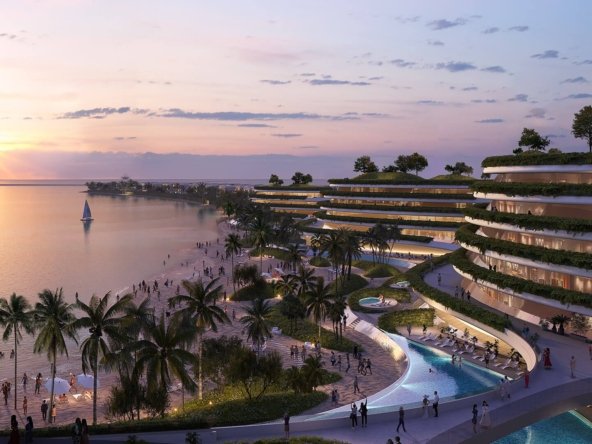The real estate laws and regulations of the UAE aimed at regulating and adopting transparency to protect the rights of investors, tenants, and developers were enforced by the UAE government.
Here are some major regulations worth considering:
Property Ownership Laws
Foreign investors may own freehold properties in specially allocated freehold zones. Major freehold developments comprise areas like Dubai Marina, Downtown Dubai, Palm Jumeirah, and Yas Island in Abu Dhabi. In selected areas, expatriates can lease properties for a maximum of 99 years under long-term leasehold agreements.
Real Estate Regulatory Authority, or RERA

RERA controls and regulates the real estate sector in Dubai, falling under the Dubai Land Department, or DLD. It responsibly implements property laws, overlooks developers, and guarantees equality in dealings among buyers and sellers. Developers must register their projects with RERA before they can sell off-plan properties.
3. Ejari System

Ejari is a mandatory rental contract registration system in Dubai. It ensures legal protection for both landlords and tenants through transparency in lease agreements. The process of registration assists to settle disputes and comply with rental laws.
Note – The Ejari percentage usually refers to the rental increase cap set by the Real Estate Regulatory Agency (RERA)based on the RERA Rental Index.
4. Strata Law
This governs jointly owned properties such as apartments, townhouses, and communities with shared facilities.Defines the responsibilities of homeowners, developers, and management companies about maintenance and service charges.
Under Dubai’s Strata Law (Law No. 27 of 2007):
- Homeowners form Owners’ Associations to manage common areas.
- Maintenance fees are mandatory and must be paid by all property owners.
- The law regulates service charges and ensures transparency in how funds are used.
- Developers must hand over control of common areas to property owners after project completion.
5. Mortgage and Loan Regulations

The UAE Central Bank regulates mortga.ge loans in order to avoid any excessive accumulation of debts.Investors wishing to buy a property, therefore, must see to it that a minimum down payment of 20% to 25% is included. Interest rates are variable, and calculated based on the lender and the financial portfolio of the borrower.
Laws Governing Real Estate Transactions
The UAE follows a civil law system based on its constitution, Sharia principles, federal law, and local emirate laws. Some free zones, such as the Dubai International Financial Centre (DIFC), have their own real estate regulations.
Dubai-Specific Laws
- Dubai Law No. 7 of 2006 (amended by Dubai Law No. 7 of 2019) – Governs property registration.
- Law No. 6 of 2019 – Regulates ownership of jointly owned property.
- Dubai Law No. 13 of 2008 (amended by Dubai Law No. 9 of 2009 & Dubai Law No. 19 of 2020) – Covers off-plan property sales registration.
- Dubai Law No. 4 of 2019 – Requires short-term leases to be registered on the Ejari system.
- Law No. 14 of 2008 – Governs mortgage registration.
- Law No. 26 of 2007 – Defines landlord and tenant rights.
Abu Dhabi-Specific Laws
- Law No. 3 of 2015 – Regulates the real estate sector.
- Law No. 19 of 2005 (amended by Law No. 2 of 2007) – Covers real estate ownership.
- Law No. 3 of 2005 – Regulates property registration.
Here are some promising investment options in the UAE real estate market:
Residential Properties – Like high demand for apartments, villas, and townhouses. These could be gateways to tourism and growing population growth. It is thought that Dubai, Business Bay, Jumeirah Beach, and Yas Island attract luxury property buyers. Stable rental yields through residential properties with long-term value appreciation.
Commercial Properties – This category includes office spaces and retail outlets, warehouses, and co-working spaces, which provides, in return for commercial property investors. Such free zones in the country include Dubai International Financial Centre and Jebel Ali, which offer tax incentives to businesses.
Because of the changed work culture and trend for entrepreneurship, demand for flexible office spaces is on the rise.
Short-Term Rentals and Holiday Homes – Platforms such as Airbnb and Booking.com enable homeowners to earn high rental yields in tourist hot spots.
Also Read-
- Top 5 Real Estate Laws Every Expat Must Know
- Type of housing fee in Dubai Real Estate
- Dubai’s Golden Visa Impacts Property Investment
There are specific regulations with Dubai Tourism that require landlords to get a holiday home permit before they can list their properties for short-term rent.
There would be scope for suppliers to maximize returns by targeting areas favored by tourists and business travelers.
Off-Plan Properties
One of the motive prospects to buy off-plan properties is that much lower entry prices as well as the flexible nature of the payment plan become an attraction for an investor.
Investors in off-plan properties need to do extensive planning beforehand to assess the credibility of the developer and projected completion times.
Many off-plan properties also provide a huge capital appreciation when the project is complete.
Legal Considerations for Investors
Real estate investment in Dubai necessitates that due consideration shall be given and proper planning to be done in order to be cognizant of all the legal obligations and considerations. Here are some major aspects for consideration;
1. Property Due Diligence
Before buying, check out the name of the developer, the approvals secured by the project, and the ownership details.
To ascertain an object’s legitimacy, title deed checks are done by accredited members of the Dubai Land Department.
The buyer should do well to read and understand all contractual obligations regarding payment schedules and the handover of the property.
2. Taxes and Fees
There is no personal income tax in the UAE, but property transactions do have a 4% transfer fee.
Both buyers and sellers may incur registration fees along with possible service charges and maintenance fees, depending on the property type.
The proper understanding of the pricing structure will definitely help the investor assess the expected returns on the investments usually.
In the UAE, a long-term residence visa is available to investors who purchase property worth a certain amount. A minimum investment of AED 750,000 will enable you to hold a 3-year residency visa, while a AED 2 million investment earns you a 10-year Golden Visa.
This visa allows property owners and their families to reside in the UAE without the necessity to obtain an employment sponsor. The UAE real estate market offers myriad opportunities both for local and foreign investors.
Yet, there is a need to wade through some laws and regulations to ensure a safe and profitable investment. Investors are recommended to be acquainted with property laws, the types of a proper investment, and due diligence to maximize returns and stay within the confines of the law.
In any case, it is sound advice that the property world welcomes first-time and seasoned buyers, and staying informed, along with seeking professional advice, may readily help the investment journey in the UAE real estate market.



